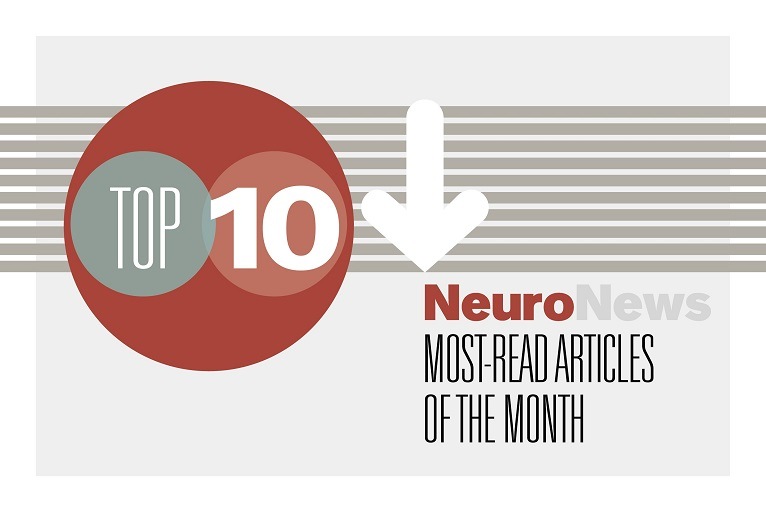 The latest technologies and research breakthroughs in neuromodulation feature prominently among our top stories for November, while two momentous announcements from the neurosurgery field—courtesy of Rapid Medical and Robocath—also garnered plenty of attention throughout the month.
The latest technologies and research breakthroughs in neuromodulation feature prominently among our top stories for November, while two momentous announcements from the neurosurgery field—courtesy of Rapid Medical and Robocath—also garnered plenty of attention throughout the month.
1. NeuroPace gains IDE approval to launch pivotal study of neuromodulation therapy for idiopathic generalised epilepsy
NeuroPace announced that it has received investigational device exemption (IDE) approval from the US Food and Drug Administration (FDA) to initiate the NAUTILUS study—which will assess the company’s RNS system in patients with drug-resistant idiopathic generalised epilepsy (IGE).
2. Magnus Medical announces Breakthrough Device designation for novel depression treatment and US$25 million in Series A financing
Magnus Medical announced that the US Food and Drug Administration (FDA) has granted the company Breakthrough Device designation for its individualised, rapid-acting, non-invasive neurostimulation technology designed to treat major depressive disorder in people who have not improved sufficiently following antidepressant medication or other treatments.
3. Rapid Medical to initiate trial expanding thrombectomy treatment across distal regions of the brain
Rapid Medical announced US Food and Drug Administration (FDA) investigational device exemption (IDE) approval for what it claims is the first ever trial to expand interventional stroke treatment to distal regions of the brain.
4. Increased experience associated with shorter procedure times and better reperfusion rates in mechanical thrombectomy
Increasing levels of experience in performing mechanical thrombectomies have been associated with shorter procedural duration and better reperfusion rates in a multicentre study—with the study’s researchers noting that a “theoretical ceiling effect” was observed after about 100 procedures.
5. Robocath successfully performs first carotid stenting in France with R-One robot
Robocath announced its successful first robotic carotid stenting at Rennes University Hospital. This breakthrough in the neurovascular field was performed on 16 November 2021, using Robocath’s R-One robot, operated by François Eugène (Rennes University Hospital, Rennes, France) and his team.
6. Intranasal delivery of microrobots could trigger new possibilities in treating neurological diseases
A research team in South Korea has developed and successfully implanted a microrobot device into the brain tissue of mice through the intranasal pathway, potentially opening up new possibilities in the treatment of intractable neurological diseases in the future.
7. Rune Labs and Medtronic partner to improve understanding of neurostimulation with brain data
Rune Labs, a company using aggregated brain data to empower the development and delivery of precision medicines for neurological and psychiatric diseases, and global healthcare firm Medtronic have announced a new project designed to better understand the effects of neurostimulation in order to improve patient care.
8. Antibiotic envelopes appear safe and effective in decreasing SCS surgical site infection risks
Antibiotic impregnated envelopes appear to be a safe and effective modality for decreasing surgical site infection risks in spinal cord stimulation (SCS) implantation, according to study data published in Journal of Pain Research.
9. Viz.ai debuts AI-powered cerebral aneurysm detection technology at SVIN 2021
At this year’s Society of Vascular and Interventional Neurology annual meeting (SVIN 2021; 17–20 November, Phoenix, USA and virtual), Viz.ai introduced Viz ANX, a new technology that it claims is the first and only artificial intelligence (AI)-powered suspected cerebral aneurysm detection and care coordination platform.
10. Research shows brain rhythm changes occur ‘within minutes’ of DBS surgery for depression
New research published in Translational Psychiatry presents evidence that brief intraoperative exposure to therapeutic deep brain stimulation (DBS) at the time of implantation surgery induces rapid and consistent electrophysiological brain state changes within minutes—shedding light on the mechanism of action by which DBS is able to ease depressive symptoms and, potentially, paving the way for this therapeutic approach to treatment-resistant depression to be enhanced in the future.











